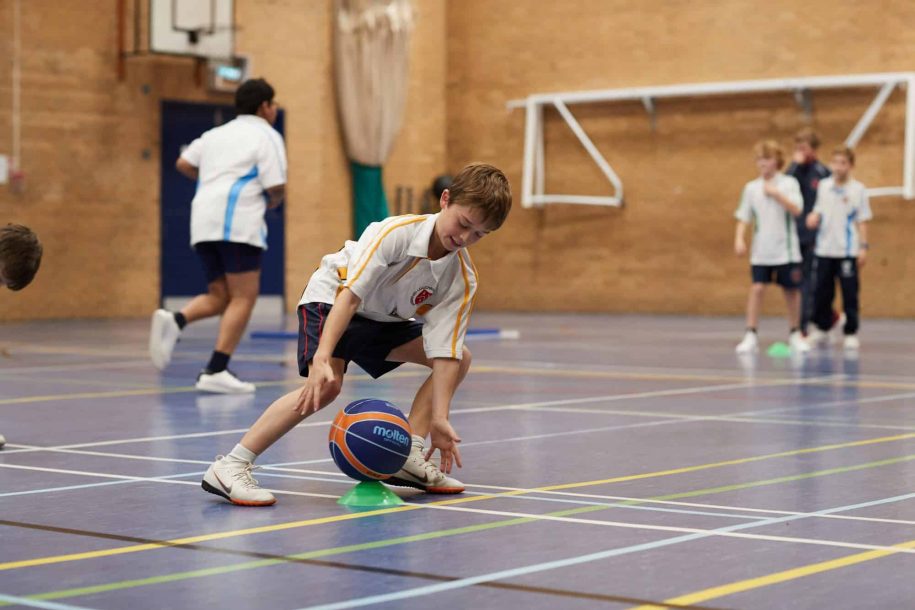Is your chat bare whack?

I am an avid reader of the educational press as I seek to compare what we do at LGS with what is considered best practice across the country. As a linguist, my attention was immediately drawn last week to an article in the Times Educational Supplement about how banning slang in schools could cause ‘long-term damage’ to pupils. This was based on the research of Dr Ian Cushing, a lecturer in Education and Applied Linguistics from Brunel University. His argument goes that teachers who criticise the use of slang can make their pupils feel discriminated against, causing them to avoid participation in lessons. Additionally, he criticised policies created by government and individual schools that promote the idea that there are ‘right’ and ‘wrong’ ways of using language. I am rather ashamed to admit that my response to this was somewhat reactionary; surely an important part of education is teaching pupils that there is a standard formal English that you need to master if you wish to be taken seriously?
I have nothing against slang. Its use enables people to demonstrate allegiance to a group, either using regional terms that reveal one’s origins or a vocabulary that is shared by a friendship group. We all learn to speak slightly differently depending in whose company we find ourselves, and this is entirely natural as we all belong to different professional, social and familial groups. It’s a question of knowing your surroundings and this ‘code-switching’, as linguists call it, needs to be learned from childhood. Arguably those with greater emotional awareness are likely to find it easier than others, but I believe that we, educators and parents, need to help young people understand that it is important to have control over how they choose to express themselves.
The reason for this is simple; others will make judgements about you if the language you use is inappropriate for your surroundings. They may perceive you to lack manners, self-control or intelligence if you express yourself in an inappropriately casual way where you might be expected to be more formal. It’s the same with profanities. I’m not going to stigmatise every use of a curse word – I may have used a couple in my life – but you have to know when it is safe to use one. It might be acceptable for example in front of a good friend, however, you would be letting yourself down if you used one in front of your grandmother or a prospective employer. You would certainly make negative judgements of Loughborough Grammar School if your sons’ teachers chose to express themselves at Parents’ Evening in slang rather than with the formality that the setting demands.
Dr Cushing’s research is critical of the ‘new’ GCSEs that were introduced in 2017. These examinations have placed a greater emphasis on spelling, grammar and punctuation (SPaG), with mistakes penalised more harshly than before – in those subjects demanding continuous writing such as English and the humanities. I don’t have a strong view as to whether or not this change was desirable. However, I don’t believe that we can escape from the judgements of others when our SPaG falls short. Today, I have been reading job applications, and the regular spurious use of the greengrocer’s apostrophe (banana’s £1.50/lb) in one candidate’s letter has rendered it highly unlikely that an interview invitation will follow.
I should add that this is not just petty prejudice. I believe that the quality of a formal job application says much about one’s standards. This is precisely why we need to teach boys how to moderate their language, and how to distinguish between formal and informal registers. Dr Cushing’s research referred to a primary school teacher who had a display on her wall with a ‘word jail’ poster. Words that pupils needed to avoid were put in the jail, such as ‘like’, my absolute bête noire. This is a recent phenomenon in the English language with ‘like’ being used to preface a quotation:
‘She was like, “don’t do that”.’ (meaning ‘she said …’)
Or used completely redundantly:
‘It was, like, amazing’ (It was amazing!)
I must admit that I think this anonymous primary school teacher has got it spot on. Such abuses of the word ‘like’ absolutely belong in the word jail! At my previous school, an English teacher had a bell that he would ring whenever a pupil used ‘like’ in his class. It worked! The class wanted to avoid the stigma of having the bell rung in response to their contributions, and they learned to exercise greater control over how they used the English language.
I am sure that not all of my readers will agree with this post, but I would suggest that you help your sons to rid themselves of the ‘like’ verbal tic. Of course, language evolves, and it may be that in ten years’ time, the employers interviewing him for a job will consider this to be standard English. In the meantime, I would continue to urge caution.
